Key Stage 4
At The Whitley AP Academy we are firm in our commitment in providing a broad and balanced curriculum which matches the needs of our diverse cohort of pupils. We are ambitious in our desire to deliver a curriculum which addresses a wide range of local, national and international issues. We also recognise the importance of developing the key skills of our young people so that they can fully access the curriculum, this includes reading, writing, oracy and numeracy, thereby allowing pupils to be fully prepared for the next step in their learning journey.
Our formal curriculum provides high quality teaching from specialists across the subject range. As a fully inclusive school, our curriculum is designed to meet the needs of all students, whatever their needs. Our wider, informal curriculum focuses on the personal development of our pupils, this includes an engaging and bespoke Form Time programme with five key strands of focus each week. Throughout the school year we also run six themed Safeguarding and Well-being weeks, these are typically based on a key issue which is relevant to the pupils.
Our Key Stage 4 curriculum is an extension of our Sky Stage 3 offer, with the core subjects of English, Maths, Science, Creative Media, Physical Education, PSHCE and Culture & Belief at its centre. In both Year 10 and 11, pupils complete two one-year Vocational subjects, with the intention of all pupils completing four vocational based qualifications during the two years. Such an approach allows pupils to have a range of options available to them for their Post-16 journey and allows them to accrue several relevant and worthwhile qualifications.
The informal curriculum in Key Stage 4 focuses on the personal development of our pupils and preparing them life after compulsory education. Careers education is a significant area of focus during Key Stage 4, with the support of our C+K Careers Advisor we are able to deliver a programme which is personalised for each pupil and designed to ensure they have a meaningful destination after Year 11.
For further information about our curriculum, please contact the school by email: admin@twapa.co.uk
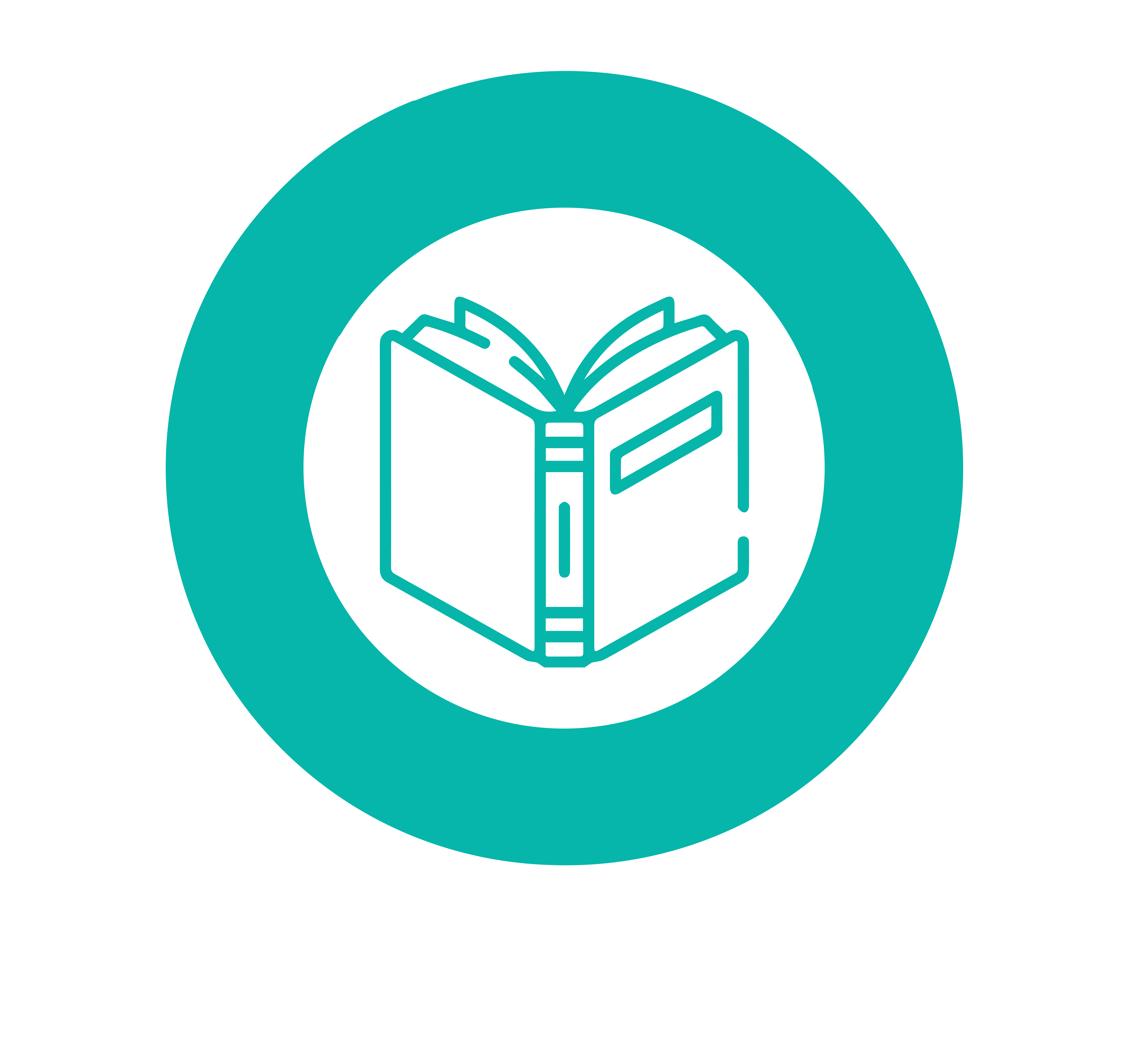
English Language
The aim of the English Language programme at the Academy is to equip all pupils with an understanding of the English language to ensure they can communicate their needs, ideas and emotions clearly and coherently to others. Pupils are given the opportunity to explore a wide range of texts which promote equality, cohesion, political awareness and British values.
Through regular writing, pupils are given the opportunity to become expressive, creative and precise in the written word. We are committed to developing pupils’ oracy skills through discussion, debate and presentations. Speaking and listening is a focus throughout the course and pupils are encouraged to engage in debate and discussion while developing speaking techniques which will enable them to access opportunities once they leave the academy. Pupils acquire a wide range of vocabulary and are supported to use standard English confidently
through their writing and speech.
The English Language programme is delivered through a variety of sources including whole texts, extracts, articles and videos. Content is as varied as possible with both fiction and non-fiction texts challenging not only reading and understanding but also opinions and ideas. Pupils are encouraged to take ownership of their learning and to develop an understanding of how they learn effectively. All pupils are encouraged to explore the English language and to demonstrate their expertise creatively to communicate in different ways.
All pupils work towards English Language qualifications at both Entry Level and GCSE. Examination materials are used throughout the course to ensure pupils are given opportunities to become familiar with exam expectations and to build confidence when completing written exams. All pupils are invited to complete the endorsed speaking and listening assessment.
English Literature
The aim of the English Literature programme at the Academy is to inspire, motivate and challenge pupils whilst studying a range of written work which gives pupils a grounding in literature which will stay with them for life. The texts have not only been chosen to inspire our young readers but also to allow pupils to transition to further education with a knowledge of a range of texts.
Texts such as A Christmas Carol, An Inspector Calls and Romeo and Juliet have been chosen to promote social awareness, British values and to develop confidence when reading, writing and speaking. Within each text, pupils are able to investigate characters, settings, and plot as well as themes such as gender, ambition and social equality. Pupils are also given the opportunity to explore conflict poetry. Within this unit, pupils not only look at the language each poet uses but also the context of the conflict. We look in detail at the effects of conflict and how communities have been affected by past wars.
Pupils access two English Literature lessons per week. These lessons run in conjunction with English Language lessons and writing techniques are shared across the two subjects. This ensures pupils have greater opportunities to consolidate and reflect on their extended writing techniques. It also allows for pupils to increase their resilience when reading. We aim to improve social mobility for all pupils; to equip pupils with essential life-skills and the best progression to future employment. This includes understanding and demonstrating an awareness of and personal response to their literary heritage. Examination materials are used throughout the course to ensure pupils are given opportunities to become familiar with exam expectations and to build confidence when completing written exams.
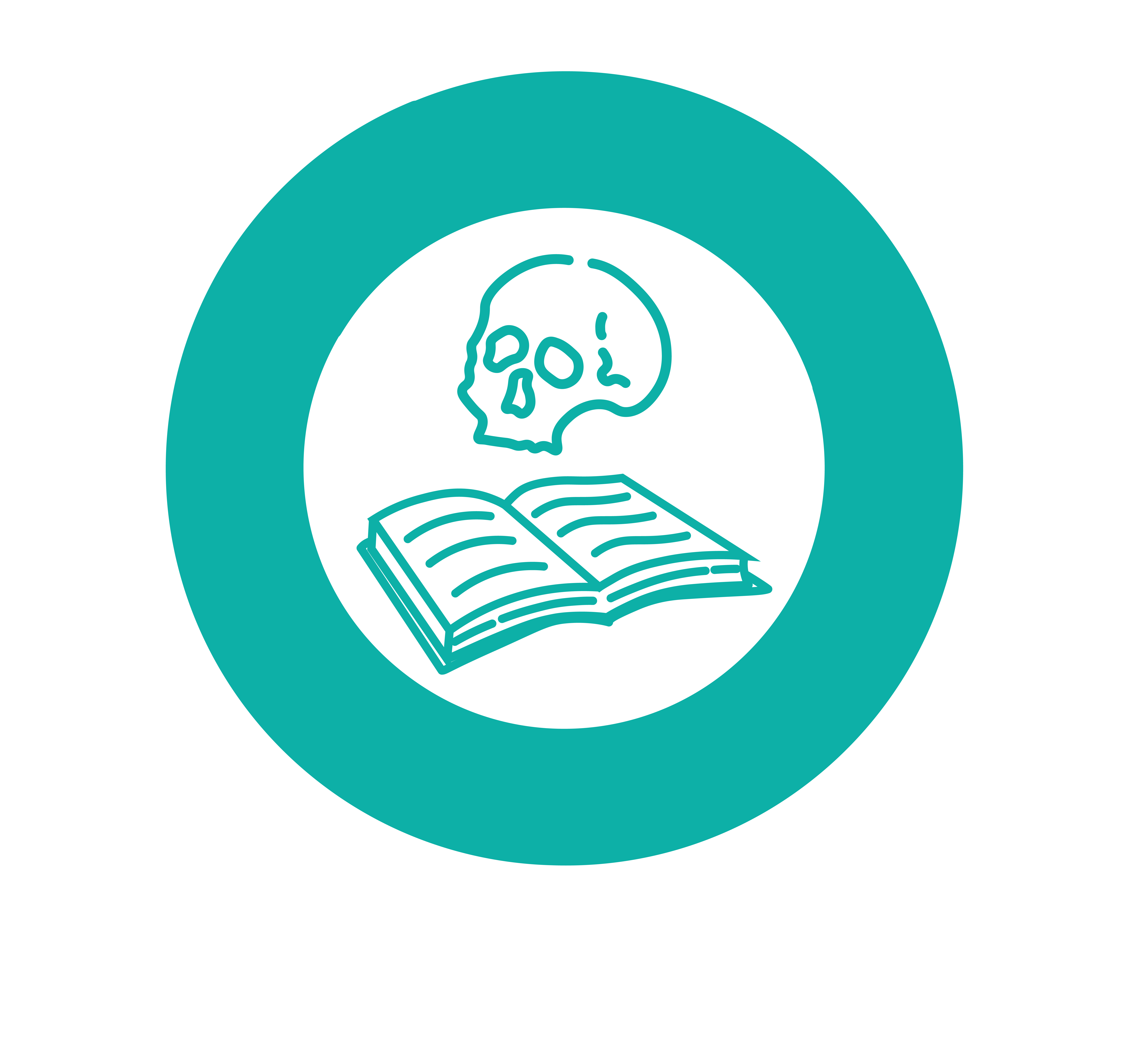
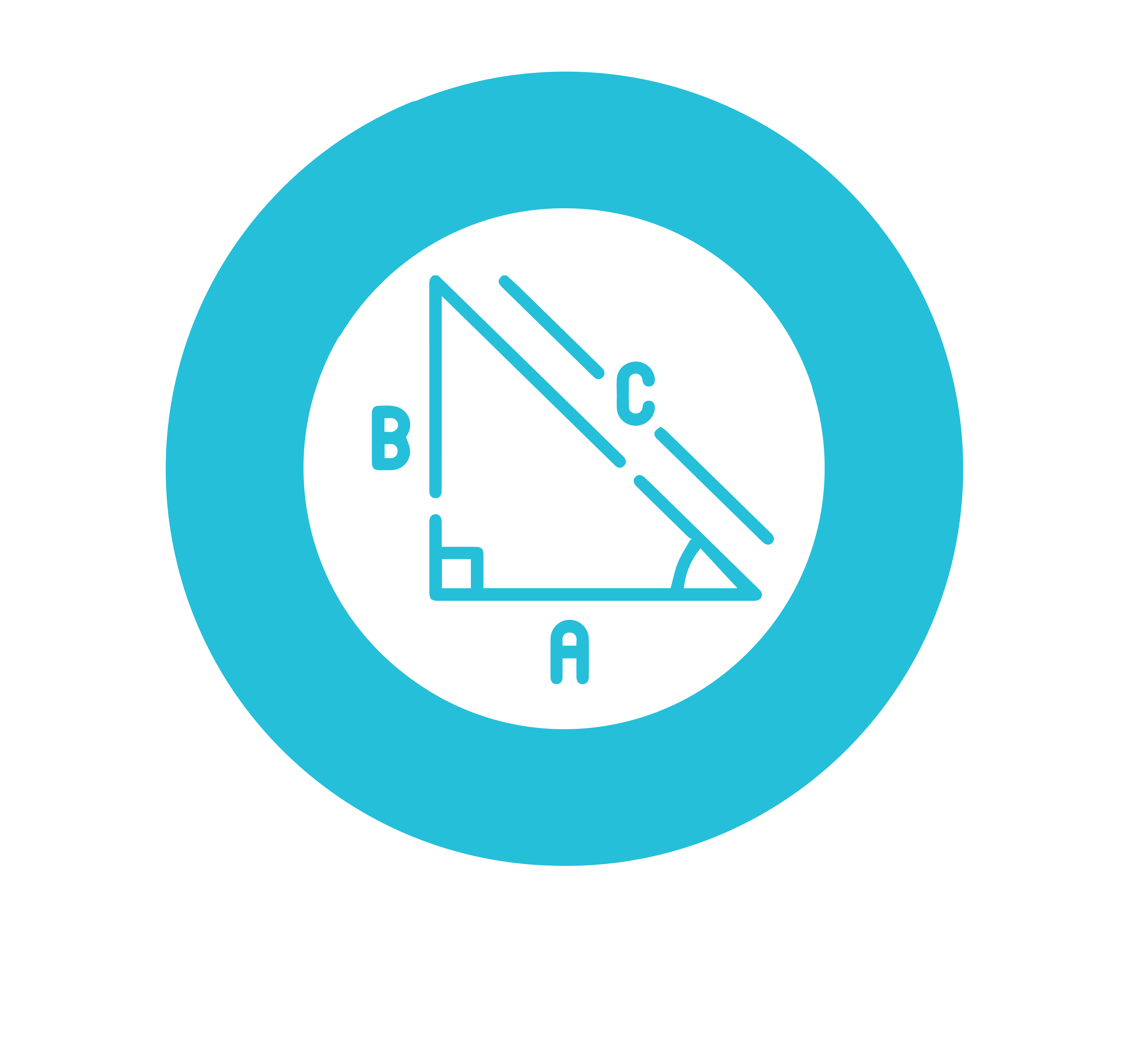
Maths
The aim of the Maths programme of study at Key Stage 4 is to equip pupils with the essential mathematical knowledge to enable them to be successful in their GCSE examinations and be confident in using mathematics outside of the classroom environment. The programme of study will act as a starting point for some pupils but for others it will provide a continuation of learning from mainstream education or from our own KS3 curriculum. The programme is flexible, and teaching may deviate based on a pupil’s individual learning needs in a bid to address gaps and ensure progress. Methods such as Direct Instruction and overall, Adaptive Teaching, will ensure that pupils receive a personalised
learning experience which will enable them to make substantial progress. The mantra in maths is ‘one lesson for all’, which will cater for the
diverse needs of our pupils.
Pupils will be encouraged to challenge their thinking, learn how to create mental models that provide a framework for future learning and engage in learning experiences outside of the classroom to create a love of maths and an understanding of its implications in the real world. Using mathematics, the programme of study will also tackle wider societal issues as it looks to embed the use of mathematics organically while also helping pupils understand the area in which they live. This will be done through various means but predominately by analysing statistics.
We pride ourselves on ensuring children can access maths in a safe, positive learning environment without fear of failure. Alongside this, pupils will be assessed regularly using a low stakes assessment model, learning techniques on how to revise and gain a sense of self-directed learning. Pupils will be encouraged to consider what they know and how they know they know it. Additionally, pupils will learn to consider their own gaps in their knowledge and be given opportunities to take responsibility for their academic by being involved in what is taught through a personalised learning programme.
Applied Science
The main aim of the Science programme of study at the Academy, is to develop secure scientific knowledge and understanding through practical experience, as well as using real and accessible examples. The pupils will learn a variety of different scientific concepts designed to intrigue, challenge, and engage. The learning is put into a real-world context; developed to raise the cultural capital of our pupils using local,
as well as world examples. This programme will teach pupils to challenge their own ideas about science and to reflect on learning. The programme seeks to raise the profile of science for the pupils and to help pupils understand the value of science in their lives and the lives of others.
Flexibility is key to the implementation of the Science programme of study; pupils are accepted by the provision throughout the year with significant gaps in their knowledge, often having missed years of education. The programme can be individualised with every lesson having achievable objectives, varying in complexity to accommodate all learners. The curriculum has been tailormade to consider the backgrounds of pupils, previous attitudes towards science and the varying stages of scientific knowledge. Pupils will understand that science is relevant to them and that a greater understanding of the scientific method will benefit them in their adult lives.
Pupils at TWAPA are studying for a BTEC Level 1 Introductory Certificate in Applied Science.
This course was specifically chosen for its range of transferable skills and practical nature. The course is internally assessed and will develop the skills necessary to access jobs in social care, early years’ development, coaching, nursing, catering, radiography, mechanical engineering, and many other professions our pupils have expressed an interest in. The course has careers focus and includes units within it that encourage
STEM careers and advanced planning and organisation. The programme is complemented by coordinated careers activities and experiences which include careers talks from uniformed services, zoology experiences at Ponderosa Zoo, visits to The Engineering Centre in Brighouse and bespoke tours of colleges and universities.


Personal Growth and Wellbeing (PGWB)
This two-year Personal Growth and Wellbeing curriculum for Key Stage 4 pupils focuses on equipping them with essential life skills and earning a valuable qualification. Building on the foundation set in Key Stage 3, the programme prepares pupils for life after school and in the workplace.
Throughout the course, pupils will develop crucial skills such as communication, collaboration, problem-solving, and self-management. These skills are designed to boost their confidence and independence through personalised learning experiences. The curriculum encourages pupils to apply what they learn to real-life situations, make informed decisions, and track their own progress.
Over the two years, pupils will cover four key units: Improving Physical Health and Wellbeing, Understanding the Role of Relationships in Social Health and Wellbeing, Understanding Emotional Wellbeing, and Understanding Sexual Health and Wellbeing.
In terms of teaching, pupils will participate in two lessons per week that use a mix of videos, discussions, and activities. They are required to complete at least two units each year. In Year 10, the focus will be on Units 1 and 3, while Year 11 will cover Units 2 and 4. The lessons are designed to be adaptable, providing support for pupils who start late or need extra assistance, and allowing them to revisit previous topics as needed.
The impact of the programme extends beyond simply earning a qualification. Pupils will gain valuable life skills such as improved self-awareness, emotional regulation, and effective communication. These skills are essential for future employment and personal development.
Additionally, pupils will benefit from engaging with guest speakers and participating in visits related to their studies. These experiences will broaden their understanding and maintain their personal health and wellbeing, potential career paths, and inspire them for the future.
Overall, this programme is designed to help pupils thrive both personally and professionally, preparing them for the challenges and
opportunities that lie ahead with confidence and capability.
Culture and Belief
The two-year Culture and Belief curriculum aims to give pupils a thorough understanding of different religions and worldviews. It follows the locally agreed syllabus, ‘Believing and Belonging’ builds on what pupils have learned in the past and helps them think carefully about various perspectives and how to apply their knowledge in real-life situations.
The curriculum is organised into six key pathways that guide pupils through the essential aspects of Religious Education (RE):
• The Nature of Religion and Belief: Understanding the basic concepts of religion and belief.
• Expressing Belief: Exploring how people show their beliefs in different ways.
• A Good Life: Learning about the values and practices that define a good life in various belief systems.
• Personal Journey: Reflecting on personal beliefs and how they might change over time.
• Influence and Authority: Examining what influences religious beliefs and practices.
• The Big Picture: Understanding how religion and belief affect society and the world as a whole.
In this programme, pupils will explore what religion means, including debates about whether God exists and what role religion plays in society. They will also look at how people express their beliefs through things like rituals, art, and daily activities.
Pupils will study different moral questions and ethical ideas from various religious viewpoints to understand what makes a good life. They will reflect on their own beliefs and values, considering how their personal experiences shape their views and how this can help guide their future decisions. The course also examines where religious authority comes from, such as sacred texts and religious leaders, and how these sources influence beliefs and practices today.
Another key part of the programme is learning about how religion affects global issues like conflict, peace, social justice, and environmental problems. Pupils will see how religion plays a role in both historical and current global events.
The course includes one lesson per week. During these lessons, pupils will use videos, discussions, and current news to explore the topics. They will engage in activities that promote critical thinking, personal reflection, and discussions to help them understand and connect with complex ideas.
The skills learned in this programme are useful for many careers. Understanding and respecting different beliefs is important for working in
any field, both in the UK and around the world. By learning about cultural diversity, pupils will be better prepared for their future careers and
will be able to contribute positively to their communities.
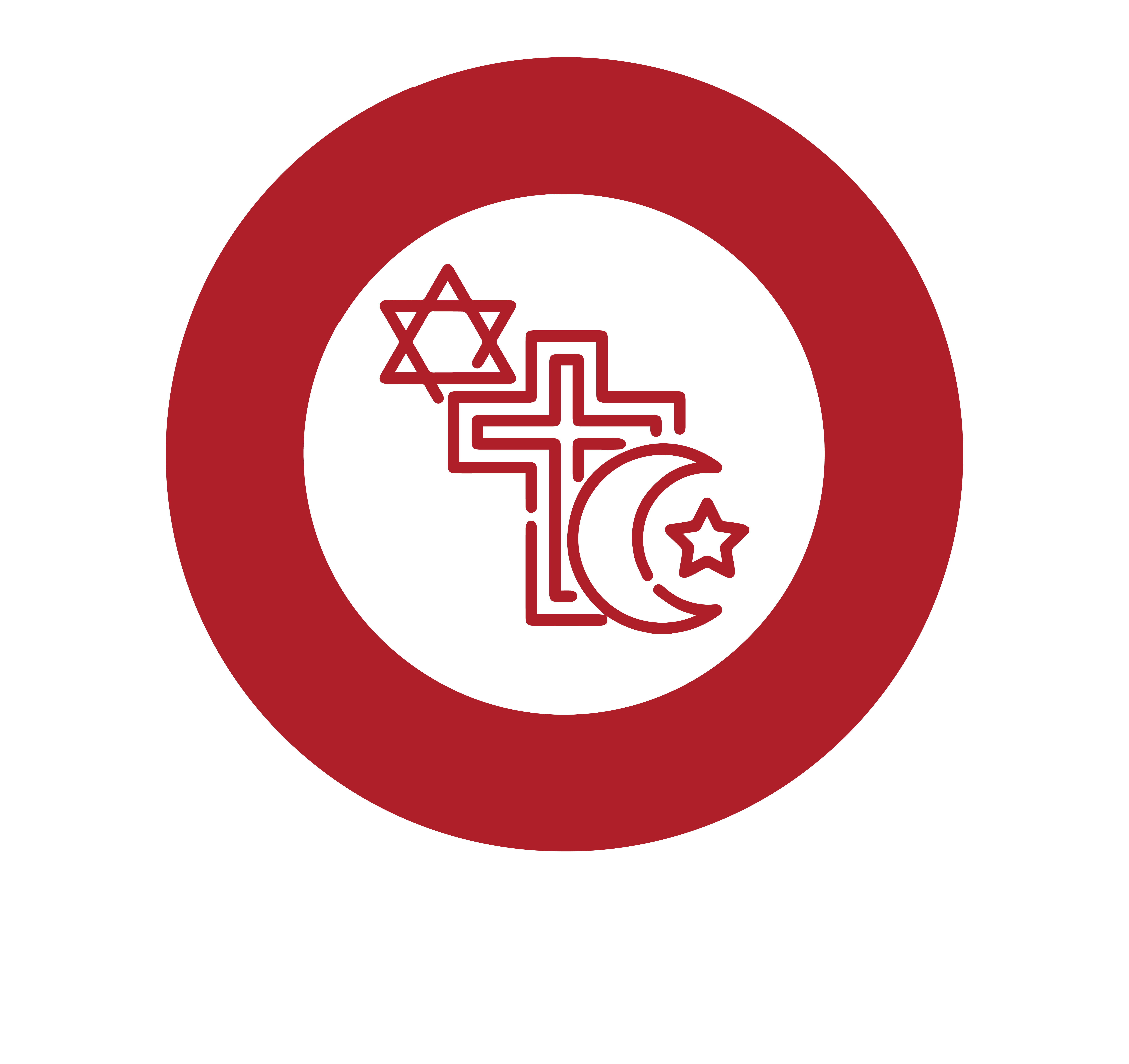
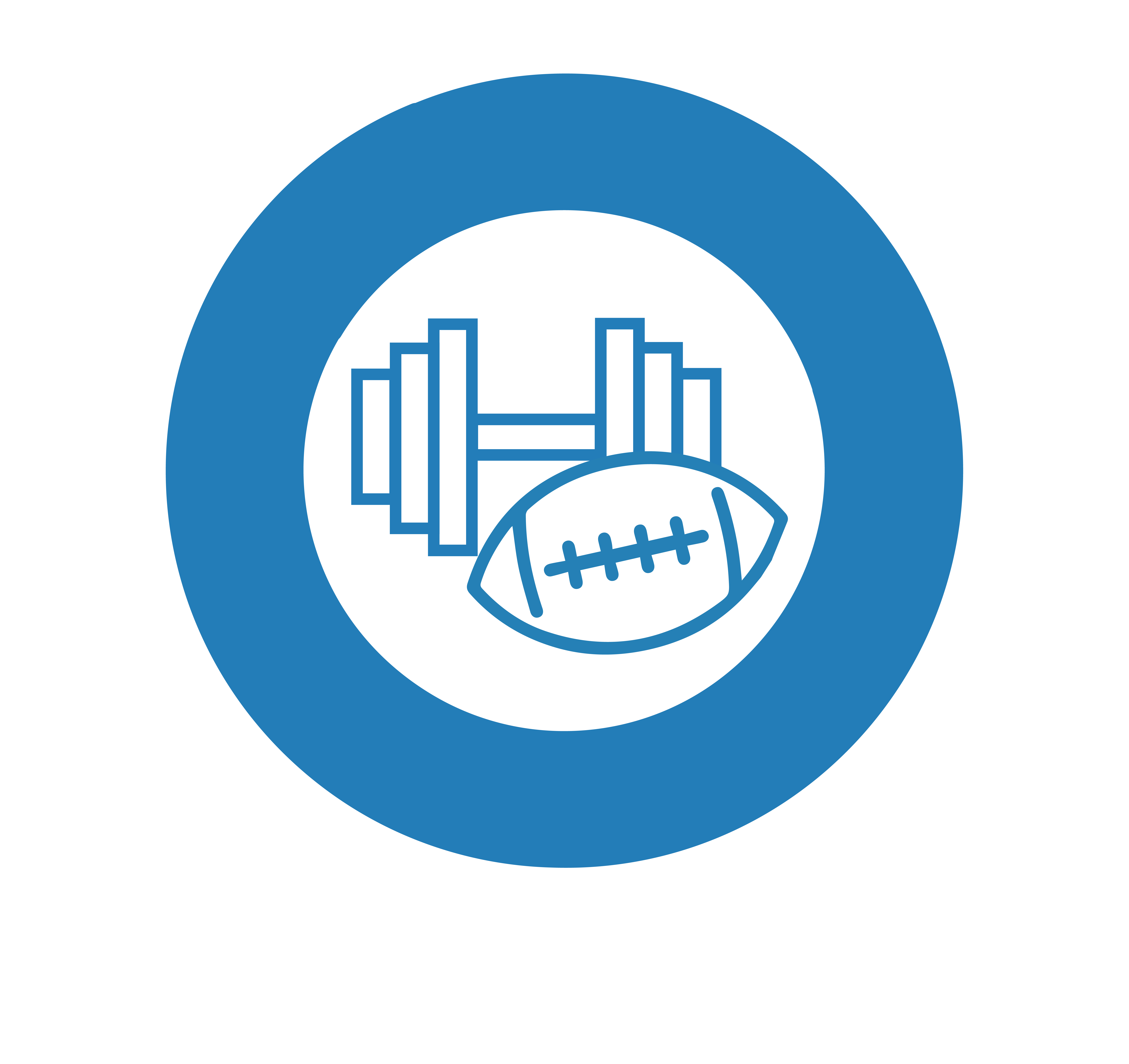
Physical Education (PE)
The purpose of Physical Education (PE) is to provide pupils with a broad, balanced and inclusive curriculum, which enables learners to develop and learn different areas of sport and PE which will impact their day-to-day life. Particularly relevant to The Whitley AP Academy, is enabling the most disadvantaged pupils the opportunity to develop their knowledge and cultural capital they need to succeed in life.
PE at the Academy will aim to teach pupils personal skills such as resilience and the ability to reflect on their own learning. A number of pupils have expressed their concerns over their practical sports abilities whereby they claim that sports make them feel anxious and nervous. The curriculum aims to build pupil confidence in their sporting abilities enabling them to apply skills and qualities which can be attained through sporting participation now and into their adult life.
The way in which PE is designed and taught considers the background of the current cohort of pupils and their attitudes towards sport and PE. Pupils will not only be taught sporting content but also how to cope with sporting participation anxiety and encourage a culture of risk taking and bravery. This will be encouraged through the classroom environment and expectations.
The curriculum aims to engage, or in some cases, re-engage pupils to create a positive ‘can do’ approach to sports and PE. This will help in removing any preconception and anxiety that they may have from their time within mainstream PE. We will strive to build confidence and comprehensive knowledge of sport and PE for each individual pupil, through careful planning and delivery of unit content to address areas for development and advance pupils’ subject strengths.
PE at the Academy aims to enable learners to develop their skills in a number of sport and active leisure opportunities to help inspire them to continue participation outside of school and when they leave the Academy. We recognise the importance that PE and sport can have in promoting long-term healthy lifestyles and making a positive impact on physical, mental and social health for our current pupil cohort.
Information Technology
The purpose of the Information Technology curriculum is to support pupils to practically demonstrate the sector skills and knowledge to allow them to progress on to a Level 2 course or future career due to the transferable skills taught. By engaging in Information Technology, children will develop skills that allow them to engage and understand the advances in technology and what this looks like.
Pupils will learn how to develop digital information, create spreadsheets to solve problems, use digital communication technologies, create a website, create a computer program and develop a digital product. Each of these units provide children the opportunities to develop preemployment skills and contextualised knowledge to allow them to progress to further learning and training.
By engaging in Information Technology, we aim to develop pupil’s resilience when faced with difficulties and teach them how to express their needs. We aim to support pupils to feel more confident using a range of applications and software by providing children time to explore how to use them.


Vocational Studies
The purpose of the Vocational Studies curriculum is for pupils to gain an in-depth understanding of the different types of employability and sector skills, and knowledge required to progress on to a Level 2 course or a future career. The qualification gives learners the opportunity to acquire and develop transferable and sector-specific skills in order to complete tasks and demonstrate a level of competence that enables them to progress to further / higher learning and employment.
This graded qualification provides a broad introduction to different sectors and give learners the opportunity to demonstrate increased skill levels. For learners who do not want to specialise in one particular sector, we offer learners the opportunity to study units from across different sectors.
Learners will develop the necessary transferable and sector skills to progress more quickly. The qualifications prepare learners for progression to Level 2 BTECs or other study programmes. They provide for progression by either meeting entry requirements in their own right or by being accepted alongside other qualifications at the same level and adding value to them, typically alongside Maths and English studies. The course will give pupils full access to a range of skills including self-assessment, career progression, communication, presenting themselves in the workplace.
Another key factor considered within this qualification is instilling a positive attitude to our pupils in relation to work life, removing any preconception and anxiety and strive to build confidence and comprehensive knowledge of vocational subjects for each individual pupil through careful planning and delivery of unit content to address areas for development and advance pupils’ subject strengths.
Construction
The Construction curriculum ensures that the pupils engage in learning which is relevant to them and their interests while providing opportunities to develop a range of skills and techniques, personal skills and attributes essential for successful performance in working life.
Throughout the programme of study, the pupils’ communication skills will be improved, and they will learn to work individually and as part as a team. The pupils will learn / improve on skills already gained and be able to ask questions to extend their understanding and knowledge of the construction industry. They will develop support skills and nurturing skills towards their peers and younger pupils and organisational skills to support their learning.
On gaining this BTEC qualification pupils can progress onto the relevant course in further education or use the qualification as a platform to
assist with entry to Sixth Form or College.


Hospitality & Tourism
The Hospitality and Tourism curriculum aims to give pupils the opportunity to learn practical and theoretical knowledge, which can be directly applied to further study of the subject and future employment. The course delivered is a Level 1 BTEC qualification. There is a large focus on the course’s hospitality aspect as preparing and cooking food is an essential life skill pupils will need.
The course is delivered through one theory lesson per week and a double practical lesson. In theory lessons, pupils will learn knowledge, which is important for understanding the subject and vital for ensuring pupils work safely and hygienically in practical lessons. In practical lessons, pupils take place in the school’s kitchen, and pupils can apply knowledge they gained in their theory lessons. The curriculum also enables pupils to gain an understanding of the importance of a healthy and balanced diet, cost effectiveness and sustainability.
As part of this course pupils will have the opportunity to explore different cultures and their typical dishes and flavours. The tourism aspect of the course also allows pupils to explore different cultures further. Pupils will research and discover facts about tourism and the vast experiences available across the world. Furthermore, as part of the course pupils will learn about positive customer service, develop interpersonal skills and good communication which are essential to a vast number of careers.
The qualification allows pupils to develop their confidence and personal attributes, which will be necessary for their next steps. Having this qualification will prepare pupils for further study of Hospitality and Tourism. Pupils will also have workplace related skills which can be applied to numerous jobs.
Public Services
The purpose of the Public Services curriculum is for pupils to gain an in-depth understanding of the different types of public services and adequately prepare them for the skills and knowledge required to progress on to a Level 2 course or a future career within public services. The qualification gives learners the opportunity to acquire and develop transferable and sector-specific skills in order to complete tasks and demonstrate a level of competence that enables them to progress to further / higher learning and employment.
The programme achieves these aims through a number of units of learning which look at developing pupils’ baseline knowledge of public service sectors. Pupils will also gain an insight into what is precisely required of them to achieve entry into several job roles within public services. They will not only develop academically but also physically as they aim to meet some of the fitness requirements for entry into a desired public service. Further to this, pupils will have the opportunity to take part in group expeditions and group problem solving tasks using specific sector skills in the planning and partaking of the expedition and respective tasks. All these units of learning have a focus on developing specific sector skills as well as holistic academic outcomes for pupils to take into higher learning and employment.
Particularly relevant to the Academy is enabling the most disadvantaged pupils, the opportunity to develop their knowledge and cultural capital they need to succeed in their personal lives, as well as in higher learning and employment. The course will also aim to teach them personal skills such as resilience and the ability to reflect on their own learning through regular formative low stakes assessment during the teaching and learning process. This helps to respond and modify teaching and learning to improve pupil attainment on the programme.
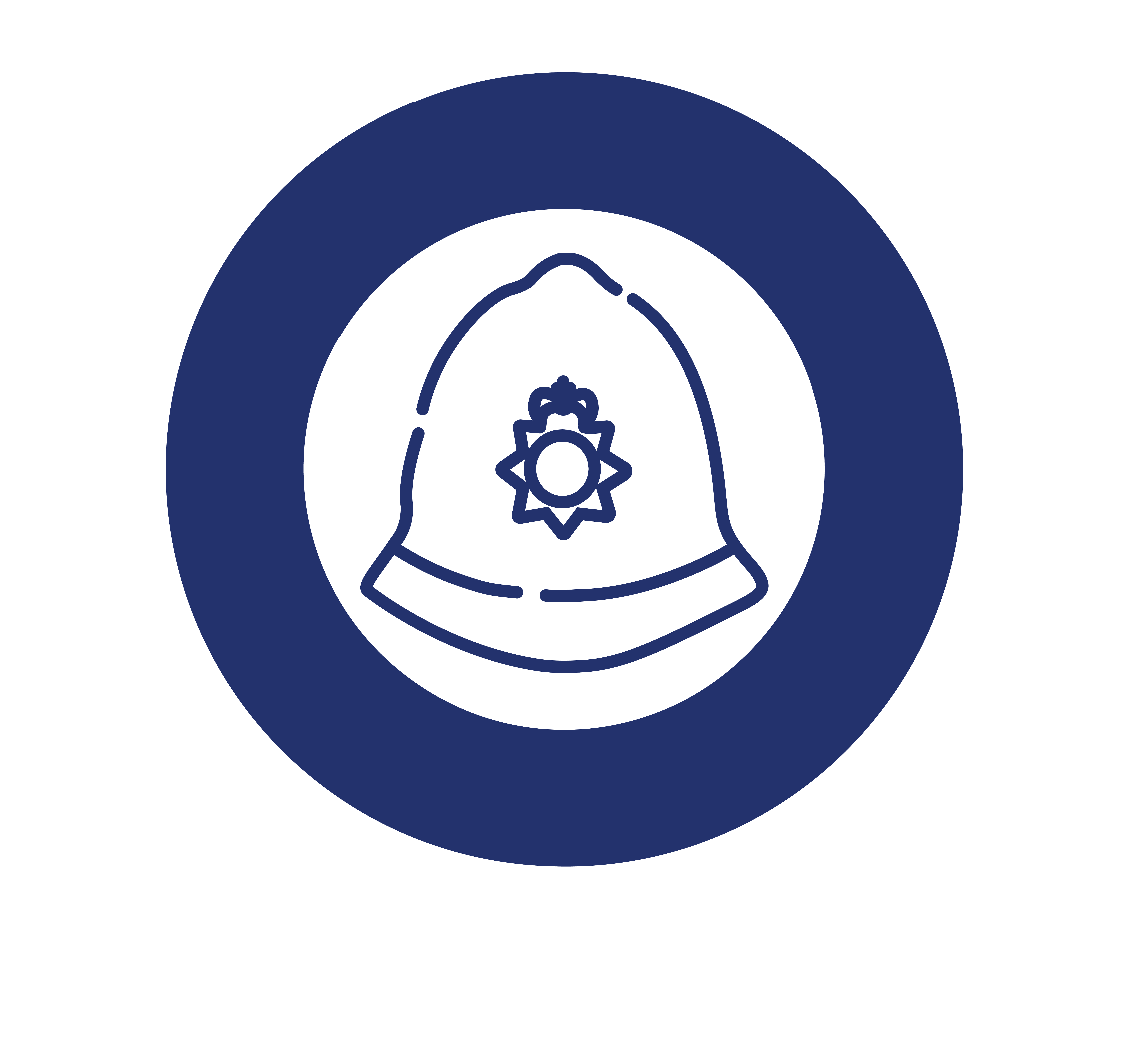

Sport
The purpose of this BTEC Sport course is to develop pupil confidence in their sporting abilities and knowledge, enabling them to confidently apply skills and qualities which can be attained through sporting participation and coaching to be taken into adult and working life. The course aims to engage, or in some cases, re-engage pupils to create a positive learning environment to participate in sport and active leisure and
develop sector specific skills which pupils can take with them into further learning and employment. This qualification will provide pupils with the opportunity to access further and higher educational opportunities in sport and leisure, as well as act as the first step towards a career in the sport and active leisure industry.
The course is facilitated through a number of units of learning which look at developing pupils’ baseline knowledge of sport and leisure, as well as skills which are sector specific. These aim to enable learners to gain a coherent knowledge and understanding of the requirements for sporting participation, sports coaching, identification of personal strengths and areas for improvement, developing work and sector skills that pupils can use to progress to further and higher learning as well as into employment.
Particularly relevant to The Whitley AP Academy is enabling the most disadvantaged pupils, the opportunity to develop their knowledge and cultural capital they need to succeed in life and employment. Alongside the academic progress the pupils will make, the course will also aim to teach them personal skills such as resilience and the ability to reflect on their own learning through regular formative low stakes assessment during the teaching and learning process. This helps to respond and modify teaching and learning to improve pupil attainment on the programme.